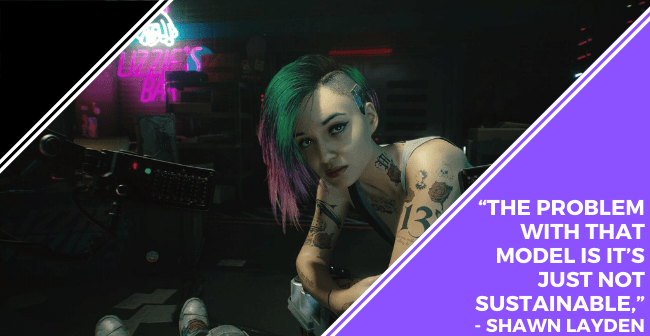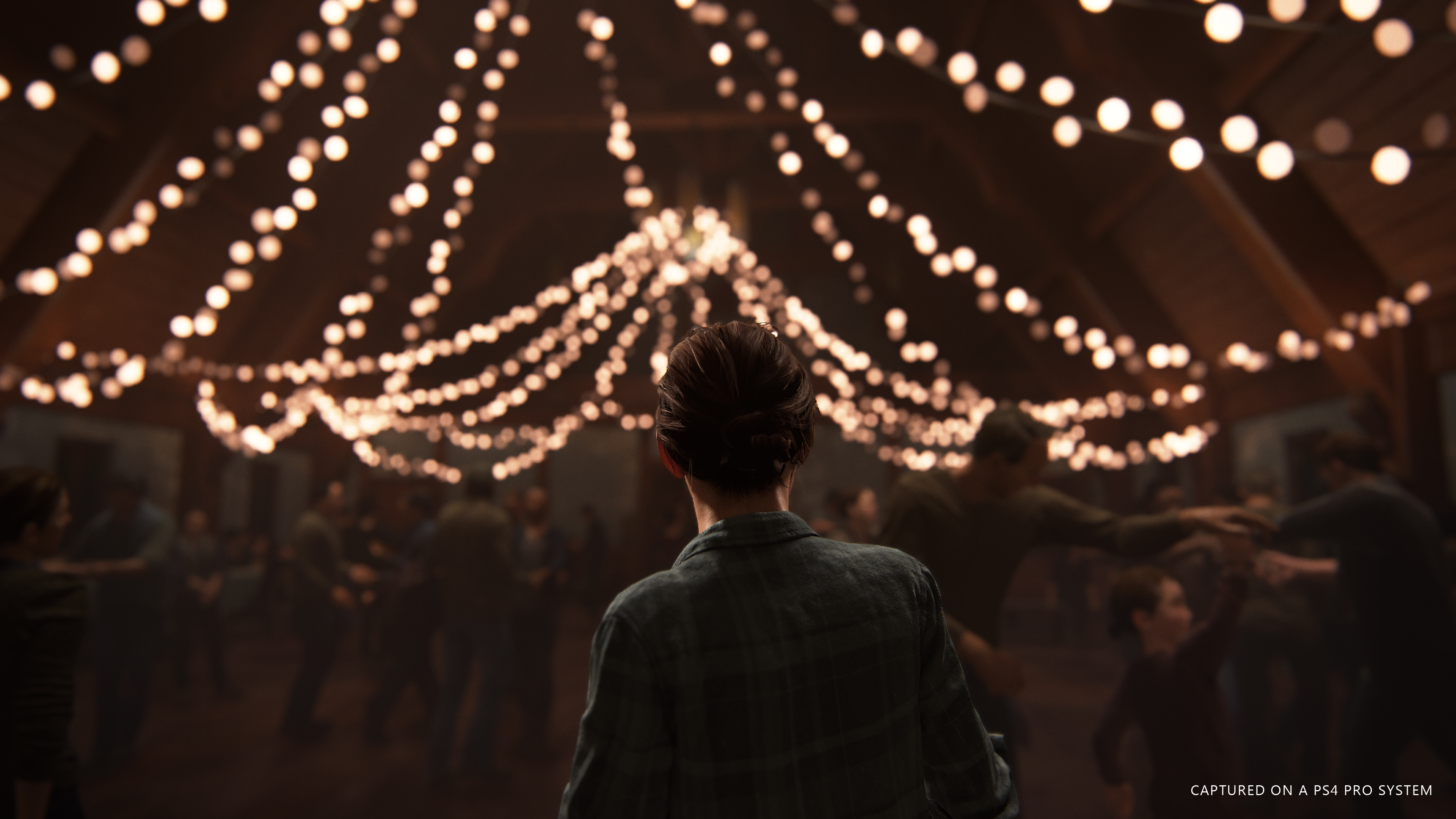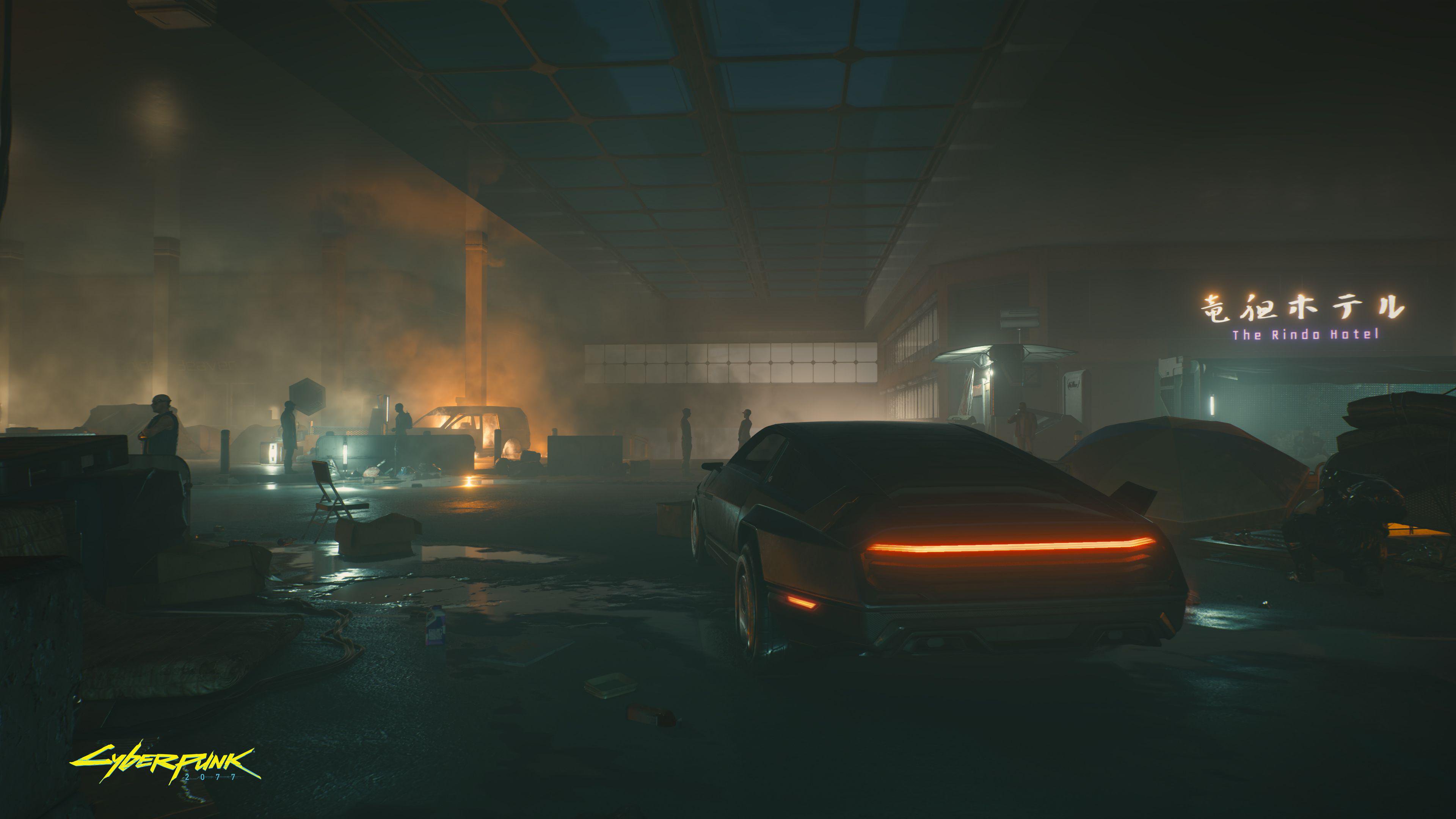In a week where everyone is talking about the likes of big-budget, lengthy AAA endeavors such as Cyberpunk 2077 and The Last of Us Part II, the most pressing news concerning the two comes from an interview with former Sony Interactive Entertainment of America President Shawn Layden. The ex-Sony executive spoke with GamesBeat’s Dean Takahashi via the Gamelab stream this week on the nature of AAA game development and, along with waxing poetic about the days when a big-budget studio effort was cheaper and a 15-20 hour experience, Layden also said that he thinks it is time that the retail cost of games increases with the ever-ballooning price tag of game development. And while consumers are never happy to hear about prices going up, one thing is for sure: The current situation in the industry is untenable and something must change. And that something is that games should cost more and be shorter.
The perceived cost of things in the video game industry suffers from a real “Which came first, the chicken or the egg?” conundrum, especially when it comes to the way game costs have gone up in ways other than the actual retail cost. We live in a world of microtransactions, loot boxes, battle passes, season passes, “Game of the Year” editions, live games, remasters, remakes, and more. All are symptomatic of the retail cost of games staying the same now for close to two decades. And while there are plenty of people who would be willing to say that microtransactions and the like would be happening even if the MSRP of a new, standard-budget video game raised past the industry standard $59.99 price tag. And perhaps those people are right, but it doesn’t erase the fact that the cost to create a video game has dramatically increased in the past decade while prices stay the same (and perhaps even go down, inflation considered).
“It’s been $59.99 since I started in this business, but the cost of games have gone up ten times,” Layden said. “If you don’t have elasticity on the price-point, but you have huge volatility on the cost line, the model becomes more difficult. I think this generation is going to see those two imperatives collide.” In all honesty, Layden’s statement gives credence to the fact that those aforementioned additional costs such as battle passes and DLC are simply smoke and mirrors to make consumers not think about the fact that game prices do, in fact, need to increase. We live in a strange, perception meets reality world where the average gamer would probably get upset about a flat MSRP price increase but doesn’t think twice about buying the Fortnite battle pass multiple times a year or buying the second iteration of Mortal Kombat 11 once more for the same, full retail price they did a year prior.
I’m feeling my age a bit as I write this, and maybe it’s because I’m at a point in the 34th year of my life where the cost of gaming stuff is no longer a sticking point because I have money, but I completely agree that prices have been stagnant for too long. I’m especially feeling this as I continue to slog my way through The Last of Us Part II‘s 30 hours of emotional misery, wishing that the game was a shorter experience given the hard work and abuse of crunch and developer talent that has gone on at Naughty Dog and other developers. And maybe it is because I’m older, but I don’t have it in me these days for every gaming experience to attempt to promise 50-100 hours of content, especially when that requires acknowledgment that game development costs have gone up, prices have stayed the same, and game developers are being asked to do more for less more than ever.
Even Layden said, “Personally, as an older gamer… I would welcome a return to the 12 to 15 hour [AAA] game. I would finish more games, first of all, and just like a well-edited piece of literature or a movie, looking at the discipline around that could give us tighter, more compelling content. It’s something I’d like to see a return to in this business.” His mention of something being well-edited especially strikes home as I trudge my way through The Last of Us Part II, as my biggest complaint about the game is its inability to “get to the point” and waste the player’s time with meaningless traveling and exploration areas that only serve to pad out the total playtime and leaves the game feeling as big and round as one of the game’s Bloater infected.
As my peer and fellow video game freelance writer Matt Paprocki have been saying now for what seems like a full decade, “Because video games are too damned long.” And while it’s a general statement and repeated to the point of the joke, he isn’t wrong. Games are too long, the experiences are being padded out to give players a perceived amount of content, and in the process, it’s only hurting people that work within the industry who continue to be stretched so thin that the bubble must eventually burst.
And I don’t know about everyone else, but I’m more than willing to pay a fairer share if it means we get products that are more focused, less bloated with wasted time, and provides a better atmosphere for artists, designers, and programmers to do their jobs while not burning out in an industry that chews up and spits people out all too regularly. It’s time we all started paying more for a product whose price can no longer be sustained at its current level, before the whole damned levy breaks and this industry goes underwater in more ways than one.











